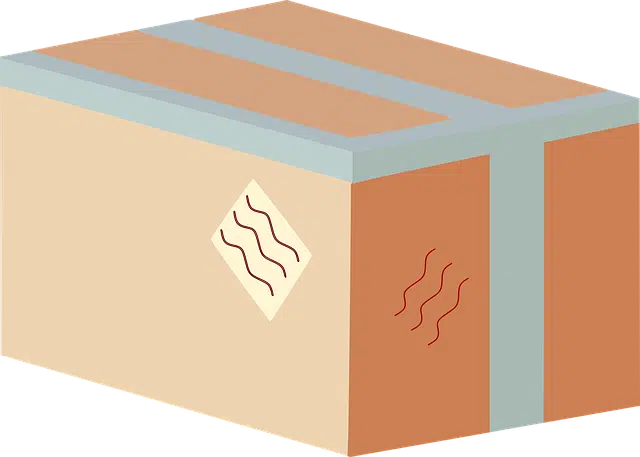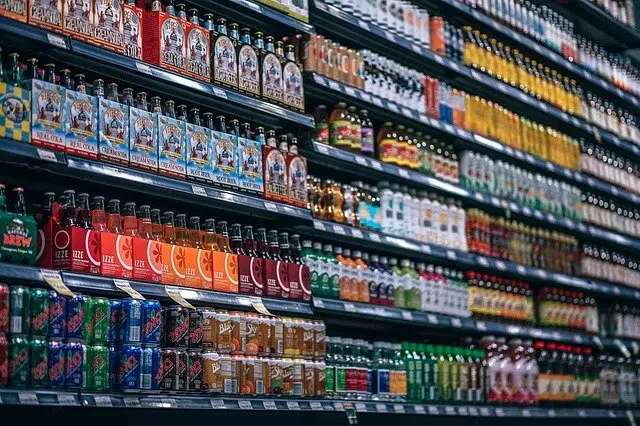
Products are objects whose characteristics transcend the material.
From the Latin productus , what has been manufactured (that is, produced) is known as a product . This definition of the term is quite broad and allows very diverse objects to be included within the generic concept of product. In this way, a table , a book , and a computer , for example, are products.
Marketing establishes that a product is an object that is offered in a market with the intention of satisfying what a consumer needs or wants. In this sense, the product transcends its own physical condition and includes what the consumer perceives at the time of purchase (symbolic, psychological attributes, etc.).
The non-material product, for its part, is called a service . For example: a computer and a modem are products; Internet connection is a service.
Market and marketing
Products have a life cycle . When they are launched on the market, companies must make large investments in advertising so that people know the product. When it achieves success, it experiences a growth phase. Then comes the stage of maturity (most potential consumers have already purchased the product) and, finally, decline (demand is reduced to a minimum).
In marketing, we talk about a product to refer to the set of easily identifiable tangible attributes that include color, price, manufacturer, packaging, etc., and that have a name that anyone can understand.
The attributes of each product are those characteristics that motivate the consumer to try it; For example, if we talk about automobiles, one of the main attributes is the brand, since a Chevrolet fan will hardly buy a Ford. But in addition to the brand, the products have other qualities that distinguish them even more, such as their design, color, size and usefulness, and at this point it is necessary to point out that although there are few differences between two elements , however minimal they may be, they are talks about two different products.

Multiple types of products are offered in a supermarket.
A product is not necessarily something physical and tangible; Providing satisfaction to customers' desires is enough. It can therefore be a service , an idea or even a place . For example, a hotel's product is to provide benefits regarding rest and related services.
A product is said to be innovative when it revolutionizes the way of understanding a certain activity or service that enables, for example, an improvement in the quality of life of consumers; It can be either a new cancer treatment or products that replace other necessary but not entirely healthy ones, such as foods rich in soy and vegetables as a substitute for those containing meat.
Product classification
Products can be classified into three different groups, taking into account their durability and tangibility :
* Non-durable goods : these are tangible products that are consumed with use (drinks, soap, salt, etc.);
* Durable goods : those tangible products that, although they suffer wear, do not have a limited life span (refrigerators, tools and clothing);
* Consumer goods : those purchased by final consumers for their own consumption;
* Basic goods : products that consumers buy regularly;
* Industrial goods : those that are purchased to be used in the management of a company. The difference between these and consumer goods lies in the purpose for which each one is acquired; For this reason, the same product can become an industrial or consumer good: a fryer that is purchased for family use is a consumer good, although if it is purchased for use in a restaurant it becomes an industrial good.
The concept in mathematics
In mathematics , the product is an arithmetic notion that indicates the quantity resulting from a multiplication : 8 x 4 = 32. In this case, 32 is the product of multiplying 8 by 4.
The quantities that are multiplied are called factors . The multiplicand is the figure to be added, while the multiplier indicates the number of times the multiplicand must be added.
